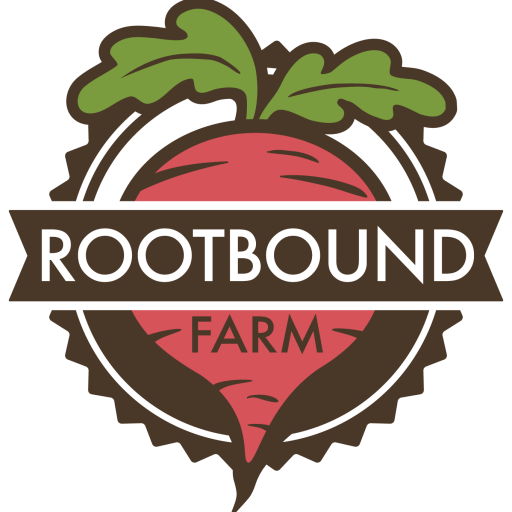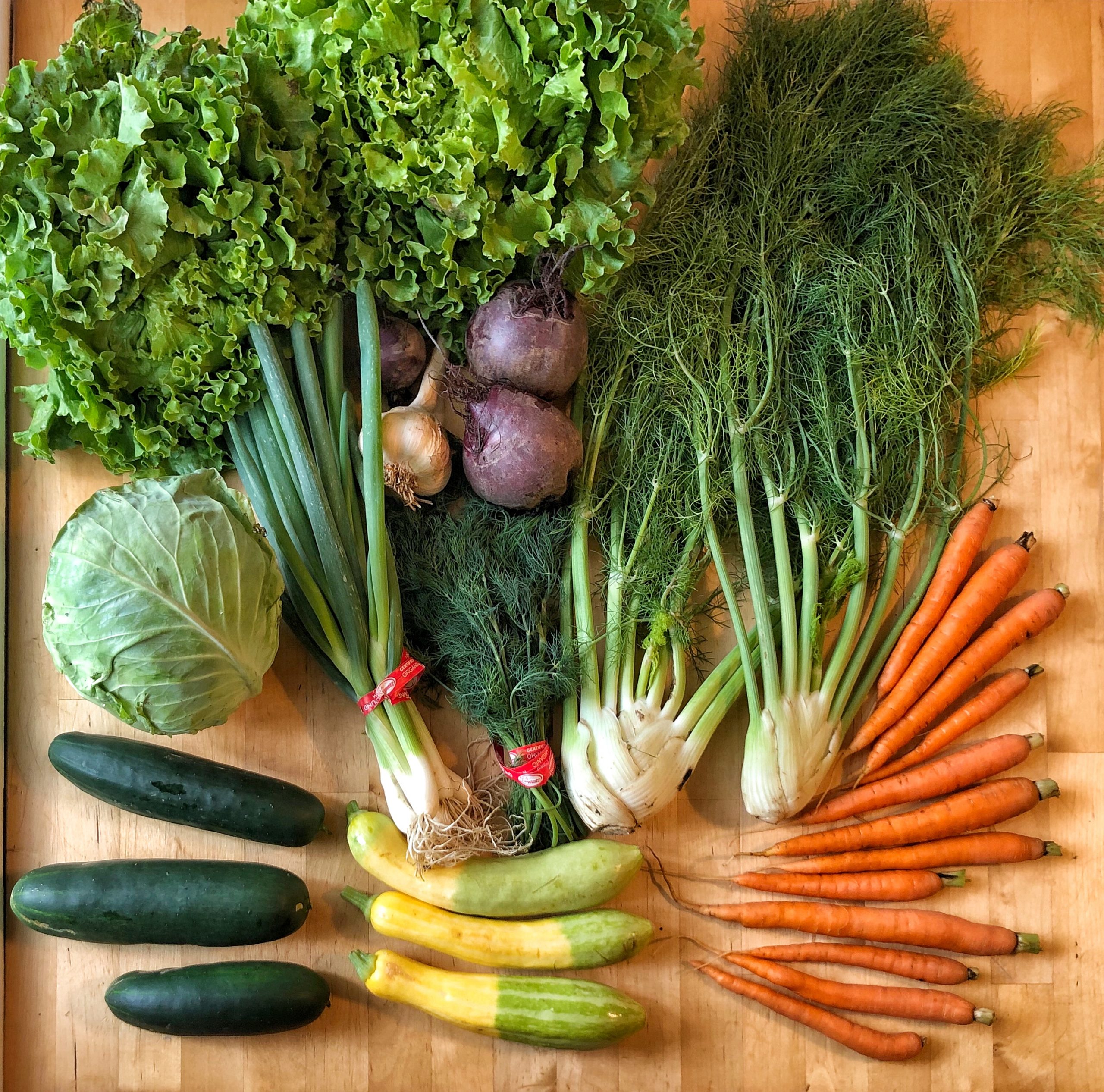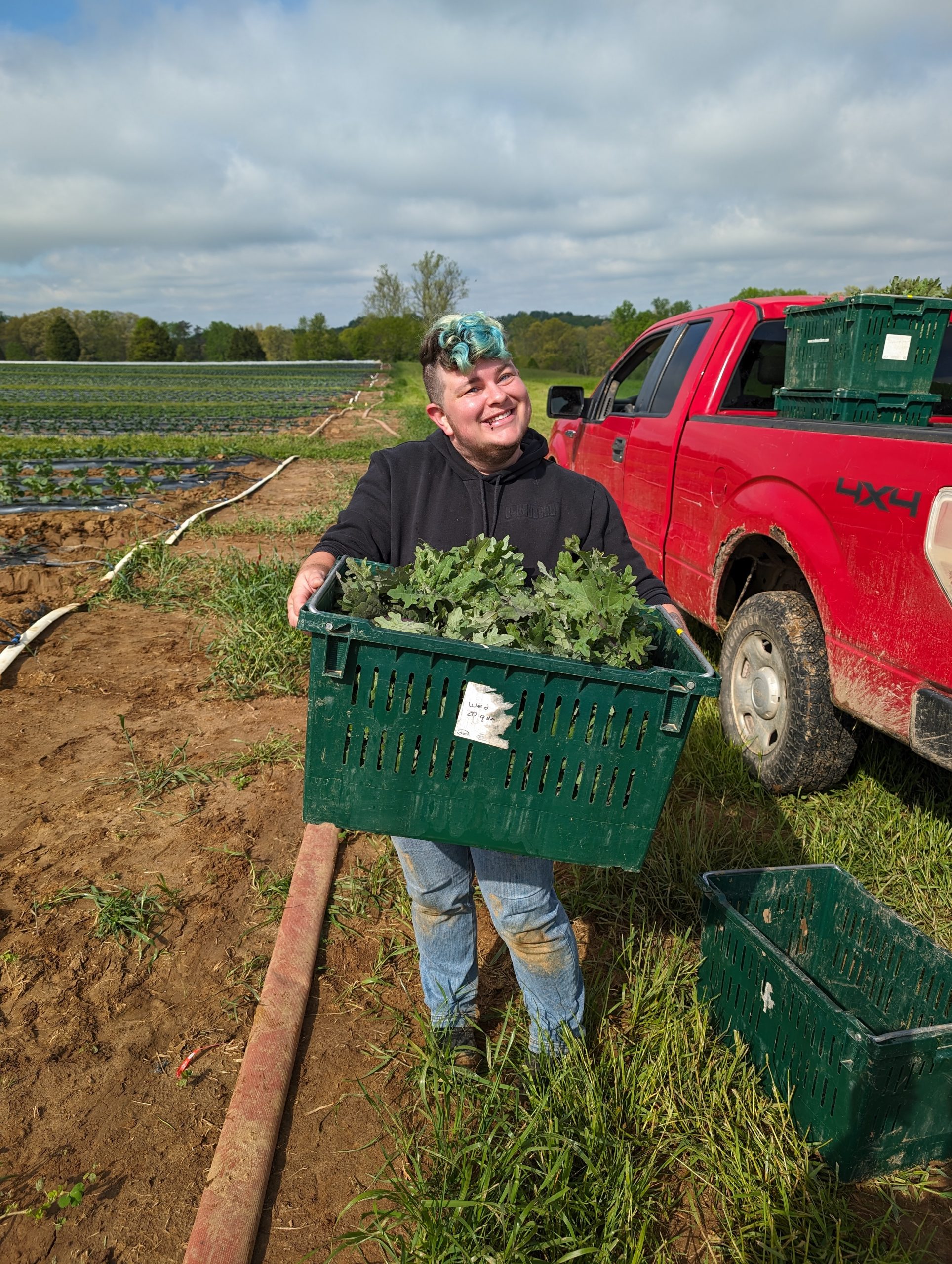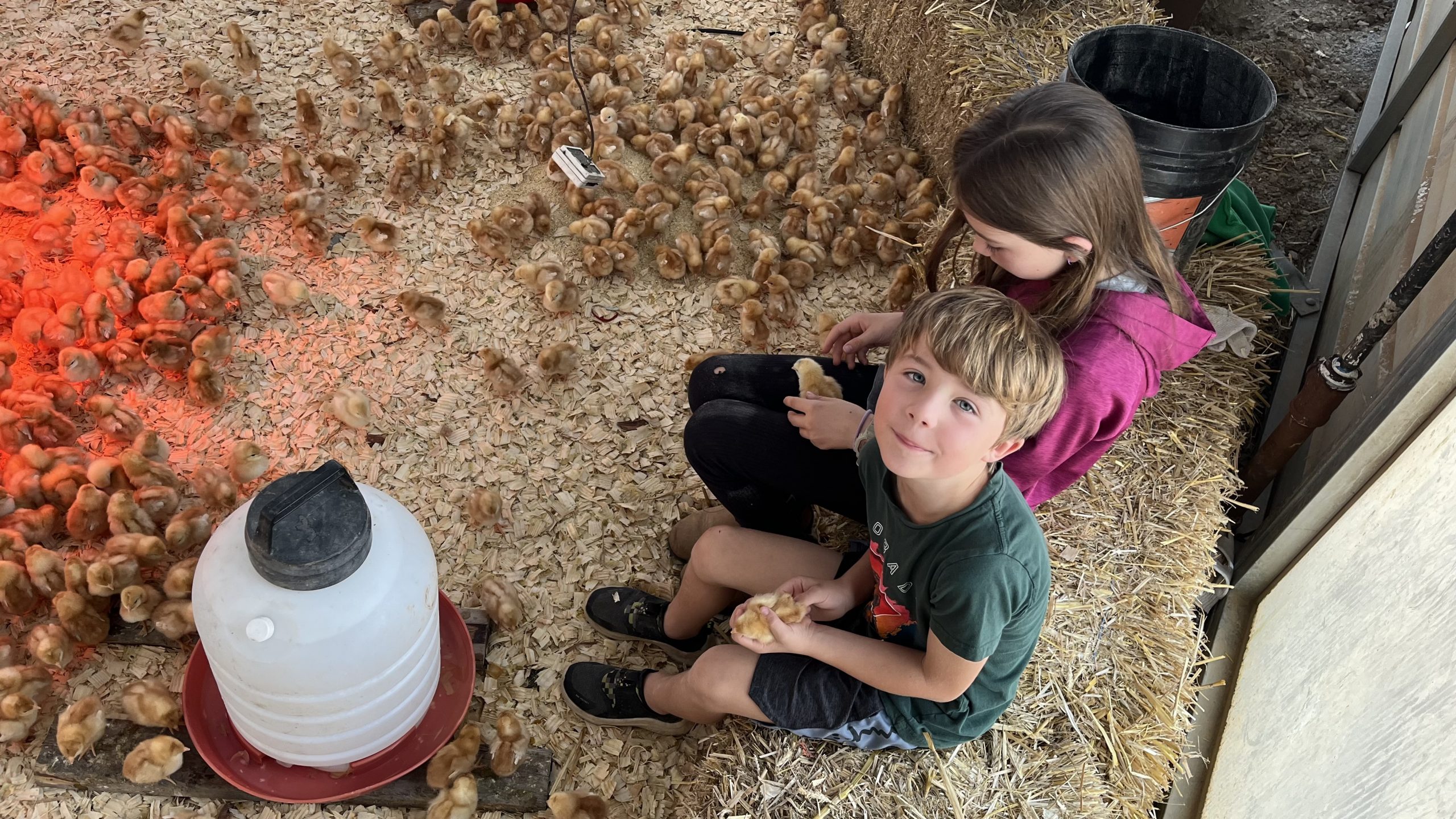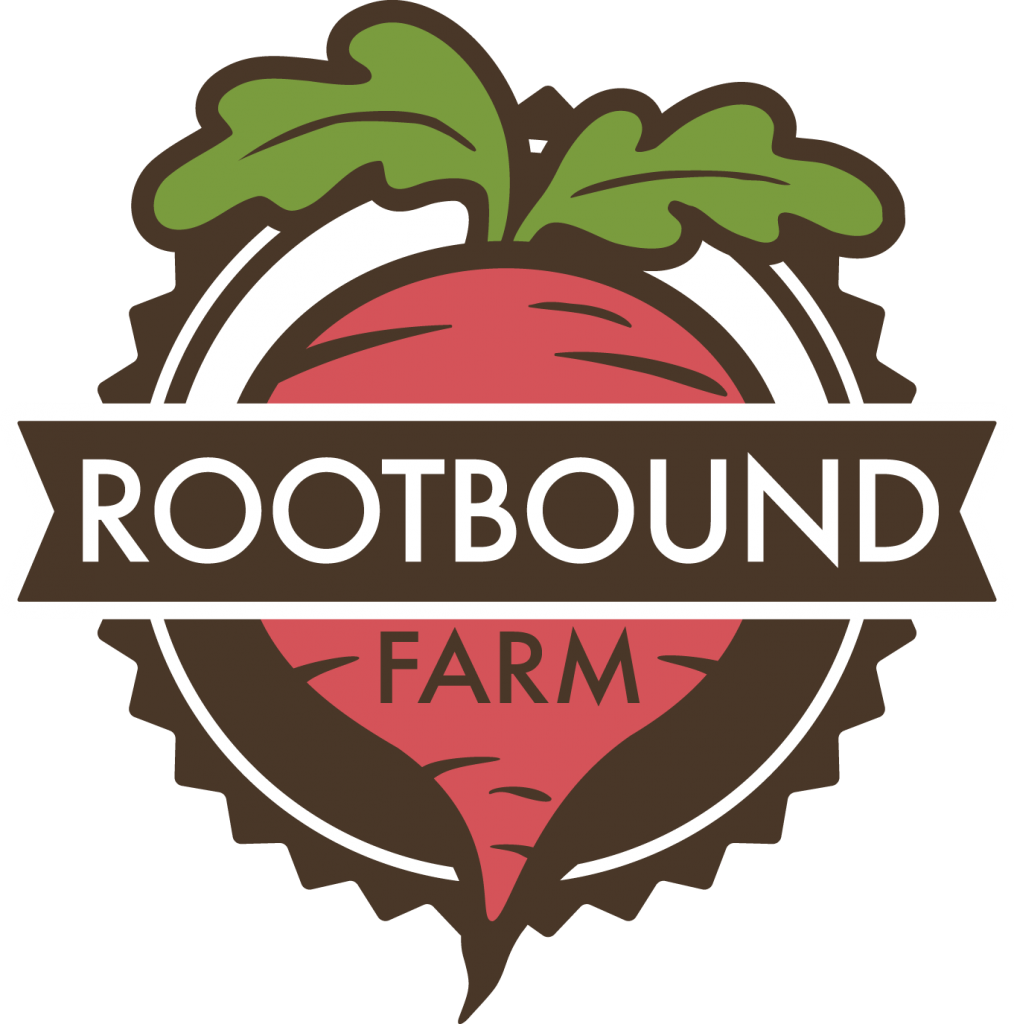A CSA member recently forwarded me an article that discussed results from a couple of recent studies showing that switching to an organic diet rapidly decreases exposure to a wide range of pesticides, including glyphosate (the main ingredient in Roundup). According to a new study published in Environmental Research, glyphosate levels in families’ bodies dropped 70% in just one week on an organic diet. The use of synthetic herbicides and pesticides, like glyphosates, are prohibited in organic farming.
For many years, glyphosate—more widely known under its most common trade name, Roundup —has been the world’s most widely used herbicide. Roundup’s ubiquity has certainly led to some ambivalence about its increasingly evident risks. After all, you can stroll into any big box store or local garden center and walk out the door with a 2 gallon ready to spray jug – so how bad can it be? Many countries have already banned the use of glyphosates, and many US states and cities are following with banning them. And, of course, Roundup is just the most commonly discussed pesticide. That’s partly because it’s not only commonly used in our food supply but also in our yards, city parks, and along our streets and sidewalks.
It’s corn season right now, and corn is one of the iconic crops that is dependent on the use of glyphosates. Driving around KY this time of year we often see those flowing seas of corn and soybeans, it looks quite beautiful, but there is no crop where the pervasiveness of glyphosate and roundup is more prevalent. Roundup is often used to suppress weeds, and it is also used as a desiccant – or a “dryer” to dry up the plant to make it easier to harvest, as is the case with wheat and soybeans.
When we discuss the benefits of Community Supported Agriculture with folks we often focus on the positive contributions joining a CSA can have on their personal health, the financial health of our family farm, and the positive environmental impact of sourcing produce from down the road versus across the country. The economic model of the CSA offers unparalleled resilience for small diversified family farms. The consumer support of a local farm (like any small business) keeps your dollars circulating in the local community. And a weekly commitment to eat a diverse assortment of seasonal organic produce is healthy for you and your family.
It is our pleasure and honor to be able to grow organic crops, and to be able to provide your family with organically grown food. The health benefits of organic agriculture extend far beyond our individual dinner plates. Organic farming offers a comprehensive alternative to chemical agriculture, and it protects our soil, air, water, wildlife, and critically—our farming communities. And these are the reasons we decided, almost 15 years ago, to try and make a living farming. We thought as farmers we had a tremendous opportunity to have a positive impact on the environment on a landscape level. That effort is a work in progress and we work hard to view every aspect of our farm through a critical lens and strive for improvement. We want to grow exceptional produce but also leave the farmland we are stewards of healthier, more diverse, and more productive than we found it.
